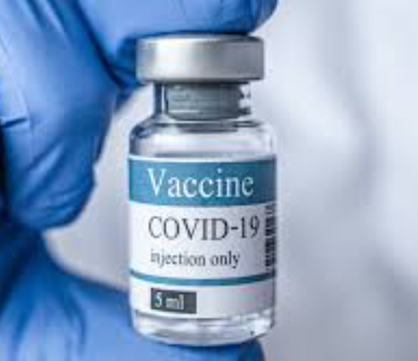
In a sweeping policy reversal, the U.S. Food and Drug Administration (FDA) has officially rescinded emergency use authorizations (EUAs) for COVID-19 vaccines, limiting access to updated shots for high-risk individuals only. The announcement was made by Health and Human Services Secretary Robert F. Kennedy Jr., who called the move a fulfillment of his administration’s promise to “end the emergency” and restore medical choice.
🛑 What Has Changed
According to Kennedy’s statement on social media, the FDA has:
- Terminated all emergency use authorizations for COVID-19 vaccines previously used to justify broad mandates
- Issued marketing authorization for updated vaccines from Moderna, Pfizer, and Novavax—but only for patients at elevated risk
- Restricted eligibility to seniors and individuals with qualifying medical conditions such as asthma, diabetes, or obesity
Healthy children and most younger adults will no longer automatically qualify for COVID-19 vaccination under federal guidance. Patients must now consult with a physician before receiving the shot, and insurance coverage may vary depending on risk status.
🧪 RFK Jr.’s Four-Point Promise
Kennedy emphasized that the FDA’s actions reflect his administration’s commitment to:
1. Ending COVID-19 vaccine mandates
2. Preserving access for vulnerable populations
3. Demanding placebo-controlled trials from manufacturers
4. Ending the public health emergency framework
“This framework delivers science, safety, and common sense,” Kennedy wrote, thanking FDA Commissioner Dr. Marty Makary for his leadership.
⚠️ Implications for Public Health
The decision marks a sharp departure from previous federal policy, which recommended annual COVID-19 shots for nearly all Americans aged six months and older. Critics warn that the new restrictions could make it harder for willing patients to access vaccines, especially if insurers decline coverage for those outside the approved risk categories.
Some health organizations have expressed concern that the rollback may undermine pandemic preparedness, particularly as new variants emerge. Others argue it restores medical autonomy and aligns with evolving data on risk stratification.
---
📝 Editorial Disclaimer
This article is intended for informational and journalistic purposes only. It reflects public statements and regulatory actions as of August 27, 2025. The inclusion of political figures or policies does not imply endorsement or opposition by the publisher. Readers are encouraged to consult official government sources and licensed medical professionals for personalized guidance.


Add comment
Comments